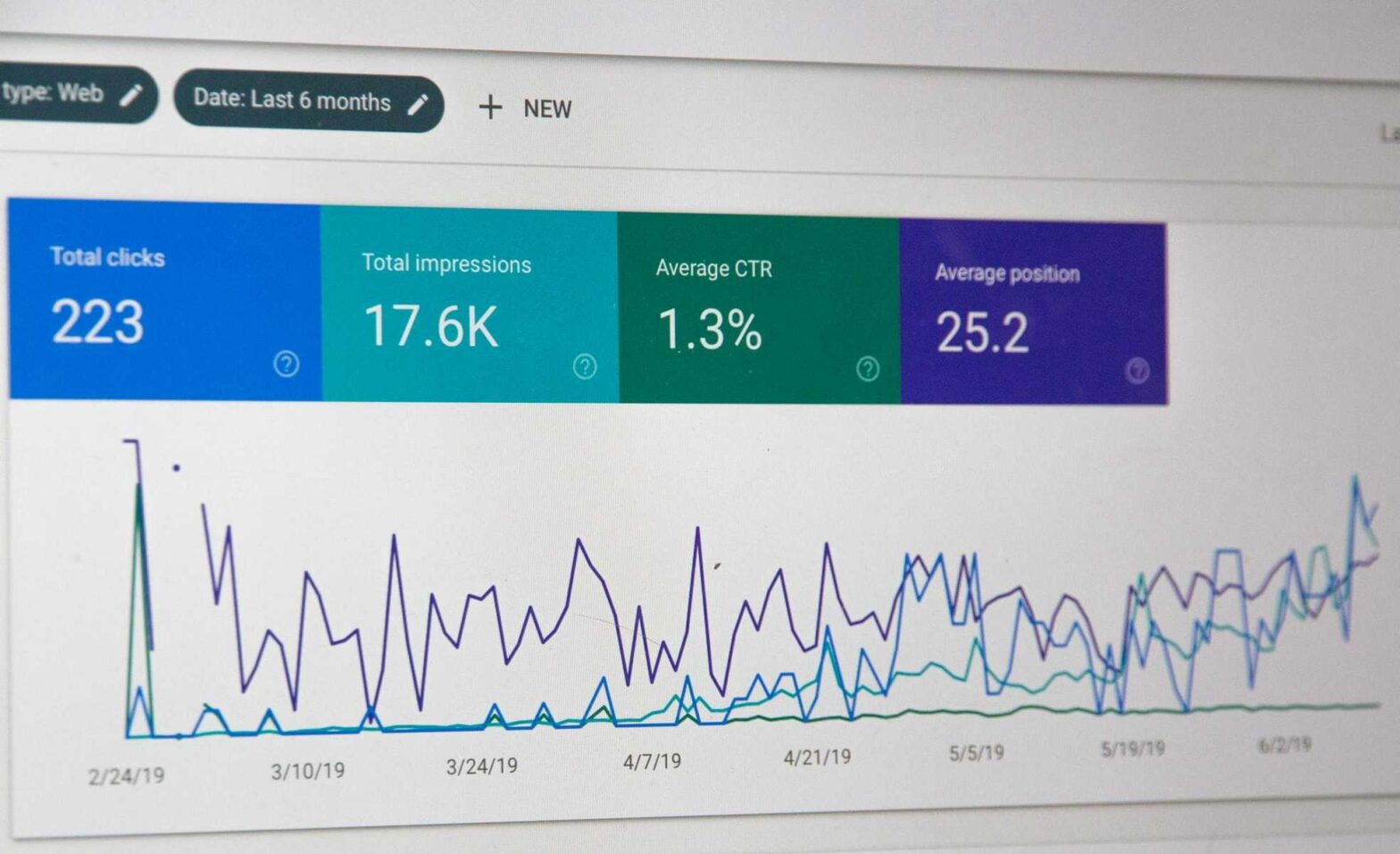How to Determine the Benchmark of a Successful CPC Keyword
Evaluating the success of your Cost Per Click (CPC) keywords should be an essential part of your Google Ads marketing strategy. This analysis allows you to assess how each keyword is performing and whether it is providing you with an adequate return on your investment. Although analysing the number of clicks each word has received throughout your campaign will form a vital part of this analysis, the click-through-rate alone is not sufficient enough for you to create an accurate benchmark to compare the performance of each keyword too. Here are some of the different metrics that you should consider when determining the benchmark of a successful CPC keyword.
Impressions
Impressions is a metric that many people disregard. It may show how many times your Google Ad has appeared in a search result for your CPC keyword, but it does not guarantee that each impression has seen the advert, or has interacted with it. Despite this, impressions are still important, as they can help you to know whether you are effectively getting your advert in front of your target audience. Setting an impressions benchmark will help you to gauge how effective your keyword choice is and should be used in conjunction with other metrics, such as the conversion rate, to help you make improvements to your advert copy.
The cost above and below a certain level
Cost is another fundamental metric to include in your keyword analysis. Because the price of keywords can change dramatically depending on their popularity and the amount of competition you are up against, it is essential to assess the cost-effectiveness of each keyword on an individual basis. Set yourself a cost target/limit for each keyword based on what you can afford to pay, what the expected bidding price for the keyword is, and how much it is worth to your business. At the end of your campaign take a look to see what average bid price you have ended up paying for your keyword and whether it sits above or below the cost level that you have allocated to it. If the keyword has cost more than your cost target/limit, then you may want to reconsider its cost-effectiveness.
Keyword difficulty
It’s easy to find a bunch of keywords that you want to use in your Google Ads campaign, but how hard it will be to rank for each of them is another matter. Keyword difficulty is the metric used to identify how hard it will be to rank for a chosen keyword but shouldn’t be used to discourage you from using a particular keyword. Keyword difficulty is designed to help you estimate the resources required to rank for the words you want and whether this is something you believe is going to worthwhile. If your chosen keyword has a high competition score, then it will be a more difficult keyword to rank for. Taking keyword difficulty into account when creating keyword benchmarks can help you to make sure that the effort and resources required to rank for specific keywords are worth the output they produce.
Keyword search volume
Keyword search volume is the number of times that any given keyword was searched for in a set time (usually 30 days) and can help you to narrow down your choice keywords for your campaign. Keyword search volumes can vary significantly over time, for example, the word ‘Christmas’ jumps from an average of 100,000 searches per month to over 3 million in December, and so it is important to reassess them regularly and to adjust your campaigns accordingly.
Cost per conversion and conversion rate
On any CPC Google Ad campaign, the conversion rate will be calculated by the number of people who click on the ad; however, this does not tell you how qualified the conversion was and whether it ultimately led to a sale. Although the conversation rate is still significant to consider, to make the most of this metric, it pays dividends to work closely with sales representatives to create a more accurate conversion rate benchmark. By working with the sales team, marketers can create a conversion benchmark for each keyword which takes into consideration whether the click-through rate will produce a viable lead or not. This combined approach will help you to understand better the real cost of conversion for each of your keywords and whether they are providing a good return on investment.
Conclusion
To be able to determine the success of a keyword, it is critical to have a successful benchmark to compare its performance too. By using a combination of the above metrics, marketers can create a successful benchmark for their keywords to help them objectively invest in the best-performing keywords for their campaigns. Here at Click Squad, we are a performance-based marketing agency that specialises in helping businesses to grow their clients through the use of digital services. If you’re unsure how to create a benchmark for your keywords or would like to find out more about our digital services, then contact us today on














0 Comment